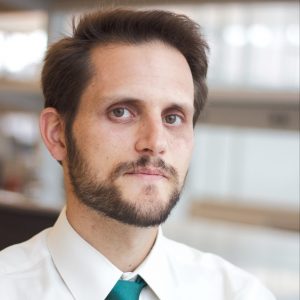CMU Music and Cognition Workshop
Returning Summer 2024!
As practicing Dalcrozians we have a strong intuition that the work we do is valuable, lasting, even profound, and that it gets at kinds of knowing that are not regularly discovered through more traditional music education methods. The Marta Sanchez Dalcroze Training Center hosts the annual Music and Cognition Workshop to consider the ways that we might investigate, test, study, and present research that describes, explains and empirically supports these intuitions.
We believe that it is evermore critical that we find the ways to describe what we do in terms that can be understood and argued with non-Dalcroze and even non-musician audiences. We see this workshop as a small step in resetting our disposition and rhetoric in this direction.
Andrew Goldman, PhD is the workshop curator, inviting scholars working at the intersection of music, cognition, and motion to come to Carnegie Mellon to share their research and methods. Our attendees explore and dicuss the burgeoning research in these fields, providing models that may prove useful when considering their own interests and research agendas. We regularly attract a mixed crowd of musicians and non-musicians, Dalcrozians and non-Dalcrozians, and novice and tenured researchers.
All attendees of the Summer Dalcroze Workshop may attend this Saturday workshop at no additional charge.
One-day only fee: $125 USD per person
The CMU Music and Cognition Workshop is underwritten by the Dr. Annabelle Joseph Fund for Music Cognition Research.
COVID GUIDELINES:
All attendees to the CMU Dalcroze Training center must abide by the most current Carnegie Mellon Visitor Protocols, as published HERE.
How to Register
Please click HERE to register.
Please also consider registering for the 2024 Summer Dalcroze Workshop. The Music and Cognition Workshop is included in the registration fee for the longer Summer Workshop; you can find out more and register HERE.
CANCELLATION POLICY:
Participants who withdraw from the one-day workshop before July 12, 2022 will receive a full refund. Participants who withdraw on or after July 12, 2022 will not receive a refund.
About our Presenters

Andrew Goldman, Ph.D.
Schedule
10:00am - 11:00am Presentation 1: Andrew Goldman, Ph.D.
11:00am - 11:15am Break
11:15am - 12:15pm Presentation 2: TBA
12:15pm - 12:30pm General Discussion
12:30pm - 1:30pm
Lunch at any of the eateries on campus.
1:30pm - 3:00pm Experimental Workshop
Another good way to improve communication between scientific and practical approaches is to share what it is actually like to do an experiment. This helps those not familiar with experimental methods understand what actually happens in the lab in order to both appreciate it and critique it.
In this session, we will demonstrate two different experiments.
3:00pm - 3:30pm Concluding Discussion